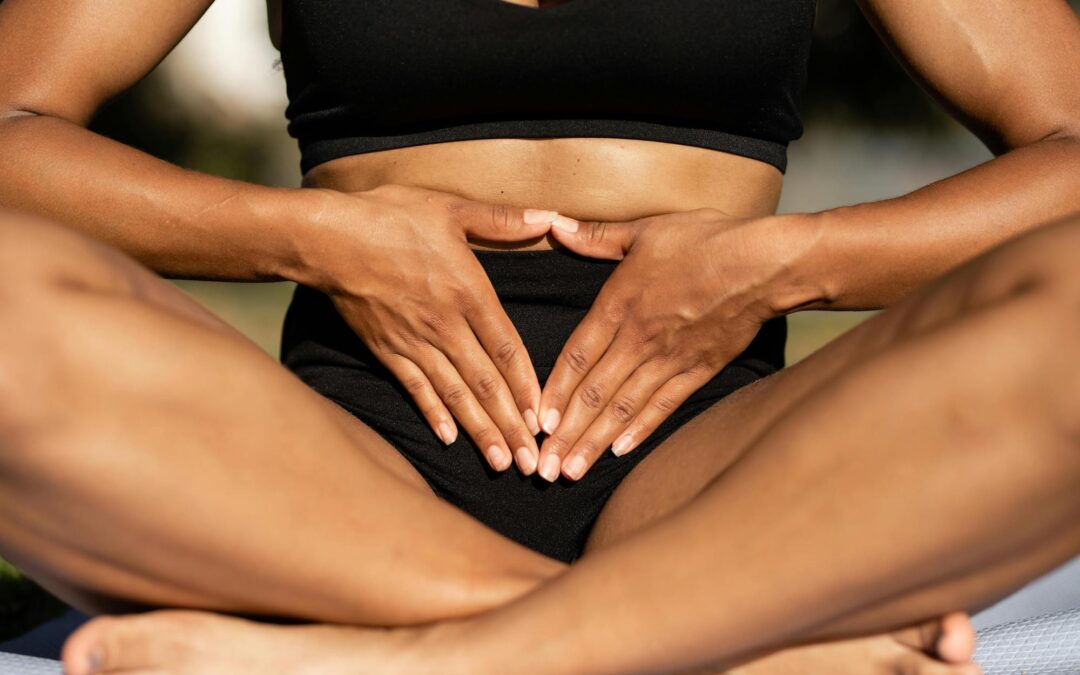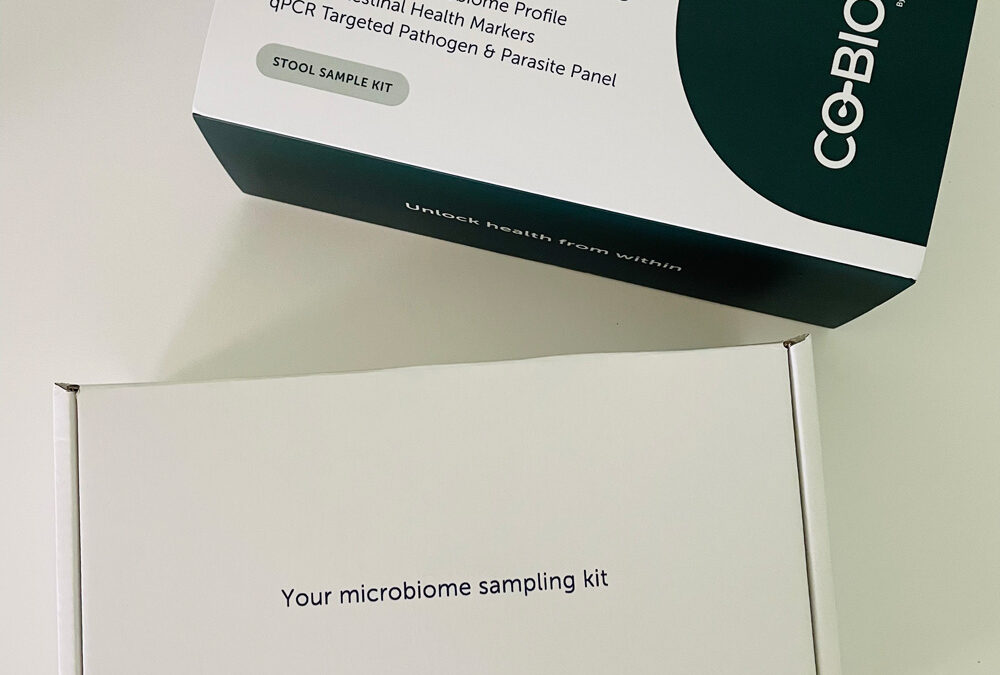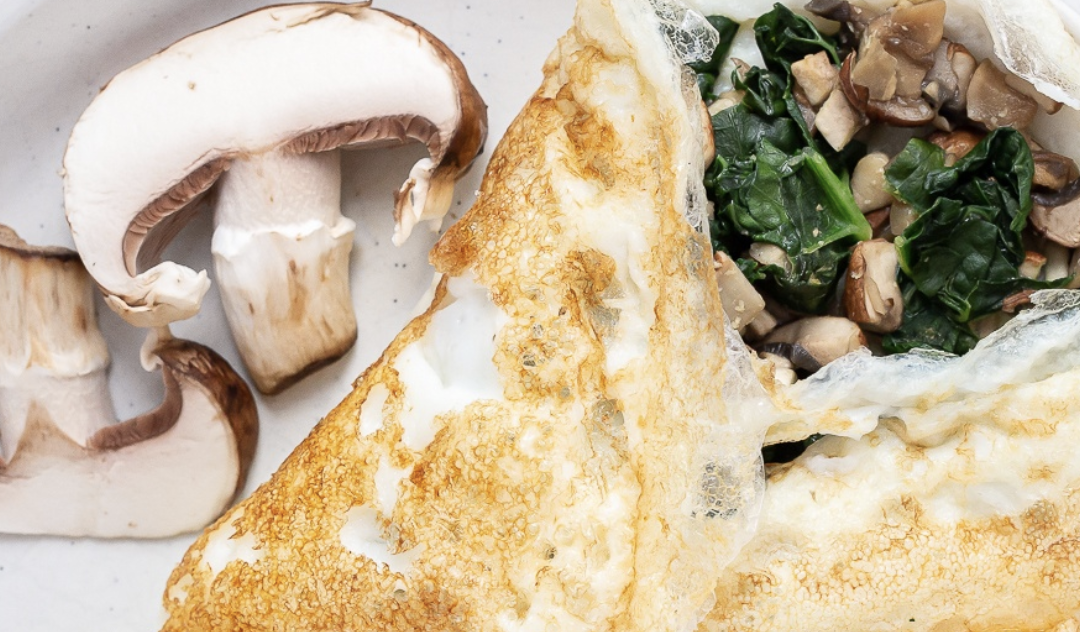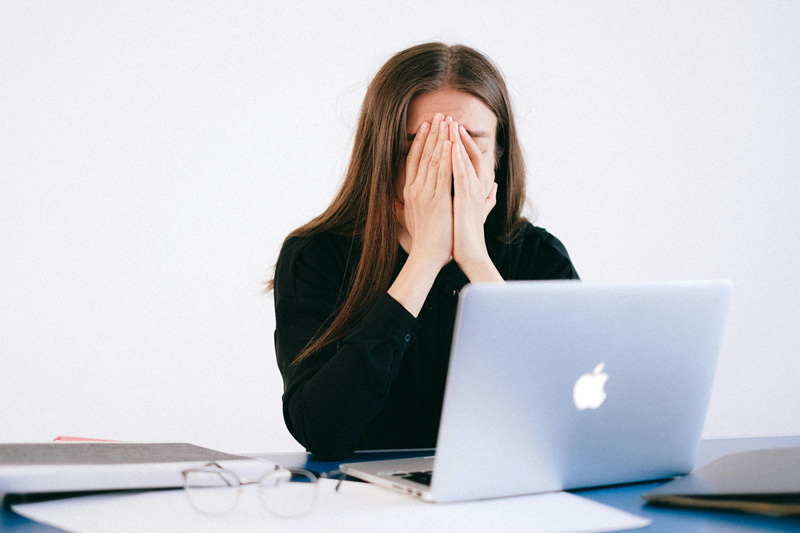Irritable Bowel Syndrome (IBS) is a condition that affects millions of women worldwide, yet it often goes undiagnosed or misunderstood.
At Embodii we find that females are particularly prone to IBS, with symptoms significantly impacting daily life, from work commitments to social activities. But what are the key symptoms of irritable bowel syndrome in females, how can you identify them and why are they so common in females?
Why Is IBS More Common in Females?
Before diving into the symptoms, let’s uncover why IBS is more prevalent in females.
Hormonal fluctuations, especially those linked to the menstrual cycle, can play a significant role in how IBS manifests.
Many women notice that their symptoms worsen during certain phases of their cycle particularly the luteal phase (second half of the menstrual cycle after ovulation). At this time symptoms such as bloating, cramping and change in bowel habits such as diarrhoea or constipation tend to get exacerbated.
This is because the influx of prostaglandins (inflammatory messengers) are increased premenstrually which can drive up inflammation in the uterus and digestive system, exacerbating bloating, gas and looser bowel motions.
Additionally, conditions like endometriosis, which affect the reproductive system, can further aggravate IBS symptoms, making them more intense or harder to manage. This is because endometriosis is primarily an inflammatory condition (worsened by the influx of inflammatory messengers in the luteal phase). This increases premenstrual cramping, tenderness, bloating and in some can even lead to vomiting.
Common Symptoms of Irritable Bowel Syndrome in Females
- Abdominal Cramping: One of the most prevalent symptoms of irritable bowel syndrome in females is abdominal pain. This pain often feels like cramping or a persistent ache, usually located in the lower abdomen. It can vary in intensity, from mild discomfort to severe pain, and is often relieved after passing stool.
- Bloating and Distension: Many women report experiencing excessive bloating, a sensation of fullness, or even visible swelling in the abdomen. Bloating can be particularly uncomfortable and is often worse around the time of menstruation, making it a common symptom of IBS in females.
- Constipation, Diarrhoea (or both!): IBS can cause irregular bowel movements. Some women experience constipation, while others struggle with diarrhoea. It’s not unusual for females to alternate between both, which can make managing IBS symptoms even more challenging.
- Urgent Bowel Motions: Females with irritable bowel syndrome often report a sudden, urgent need to use the bathroom. This urgency can be particularly distressing, especially when it disrupts daily activities or causes anxiety about leaving the house.
- Fatigue and Low Energy: It’s not just the gut that’s affected by IBS; the condition can also take a toll on energy levels. Women with IBS frequently feel fatigued, even after a full night’s sleep. This fatigue can be linked to poor digestion and the breakdown of food for optimal nutrient absorption.
- Increased Symptoms around Menstruation: As mentioned, hormonal changes can worsen IBS symptoms. Many females notice an increase in symptoms, such as cramping, bloating, and changes in bowel habits, during their menstrual cycle.
How to Manage IBS Symptoms in Females
Our practitioners at Embodii tackle IBS from several angles for long term digestive relief.
As there is such a intimate connection between the digestive system and reproductive hormones, your practitioner may refer you for microbiome testing and hormone testing to receive a clearer picture on where the imbalance lies.
This allows your practitioner to provide a clearer treatment strategy by treating the underlying cause to your irritable bowel syndrome.
Your tailored treatment plan may include any of the following:
- Dietary changes: Certain foods such as caffeine, alcohol, spicy food, dairy, gluten or high FODMAP foods may be triggering your IBS symptoms. Your practitioner will work with you to determine your personal triggers and recommend food swaps, or example meal plans to make the transition as easy as possible.
- Microbiome restoration: In those with IBS there is often an imbalance of good and bad bacteria exacerbating bloating, excess gas, digestive inflammation and irregular bowel habits. Your practitioner will aim to restore balance with in your gut microbiome by recommending microbiome friendly dietary guidelines, prebiotic or probiotic rich foods alongside tailored herbal or nutritional medicines to eradicate or limit the bad bacteria.
- Stress management: When it comes to IBS in females, there is a very strong link between the nervous system and your digestive health. Elevated levels of stress hormones can drive up inflammation and even increase your reactions to food. To help you improve your stress management, your practitioner may recommend lifestyle changes, herbal medicines, or nutritional support to reduce the negative impact of stress on your digestive health.
When to Seek Help
If you recognise these symptoms of irritable bowel syndrome in females in yourself, it’s important to seek professional guidance (you don’t need to continue to live with IBS symptoms no matter what you’ve been told!).
Treating the underlying cause to your IBS can help you gain clarity on why you feel the way you do, and provide you with long term gut relief.
Our practitioners at Embodii offers an integrative approach to gut health, blending nutrition, naturopathy, and mindset coaching to help women regain control over their digestive health for good.
If you’d like to get started, book in with one of our highly qualified practitioners today – Book an Initial Consultation.












